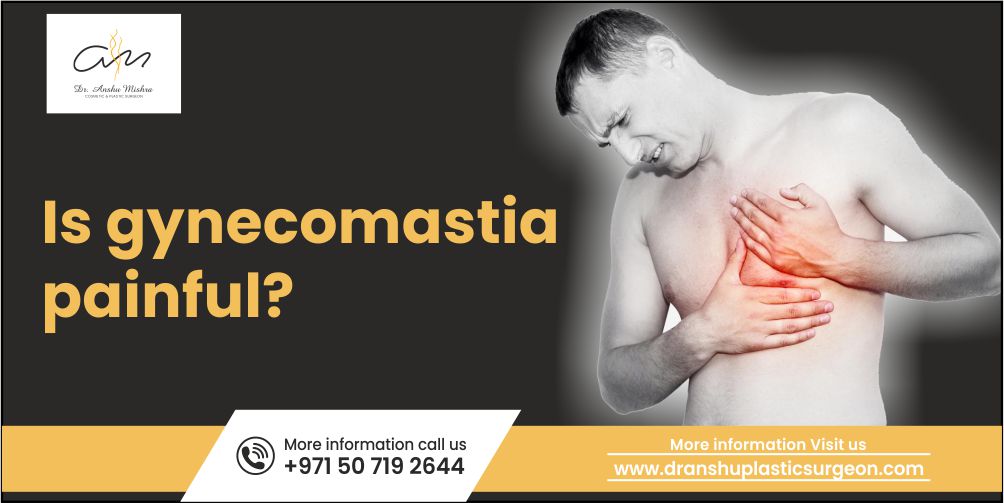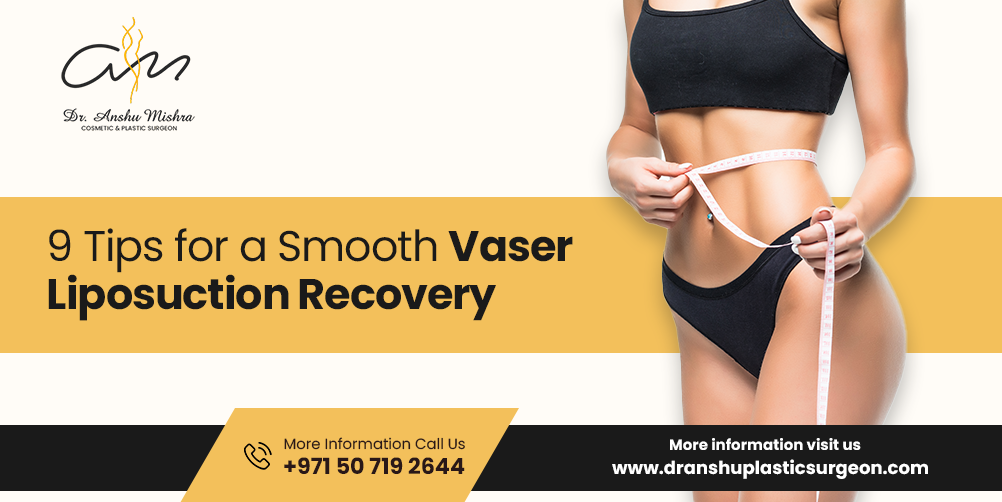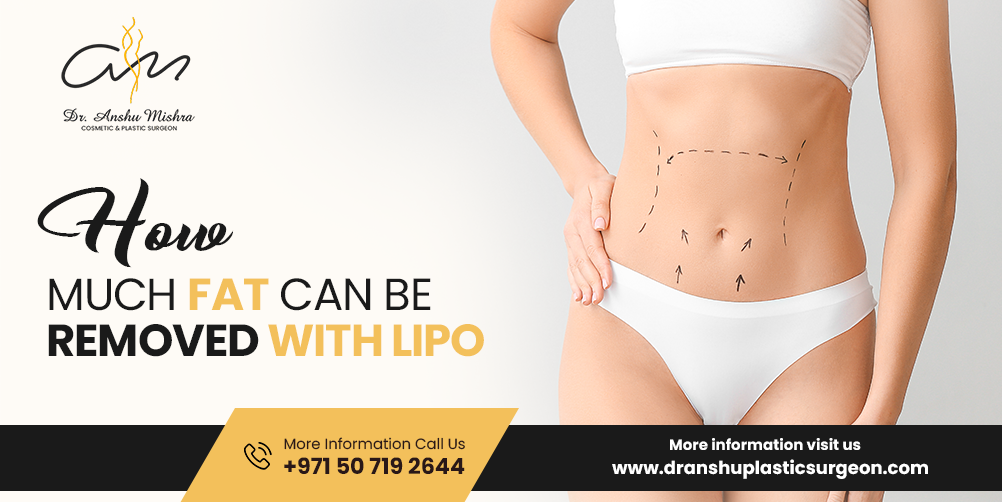Gynecomastia is a condition in which there is an increase in the amount of breast glandular tissue in boys or men and is due to an imbalance of the hormones estrogen and testosterone. The condition can affect both breasts or one and sometimes unevenly. Gynecomastia is not a severe issue, but it can be tough to cope with the condition for boys. Sometimes there is painful gynecomastia as men feel pain in their breasts and may feel embarrassed. Pseudo Gynecomastia differs from gynecomastia because of fat deposits in overweight men.
Table of Contents
ToggleSome common Causes of Gynecomastia
Many factors can trigger the hormonal imbalance that causes male breast growth, but the most common cause is idiopathic i.e when the cause is unknown. There are some changes in the body during puberty and aging, leading to gynecomastia. However, the condition is triggered by the decrease in the hormone testosterone compared to estrogen, which can be because of conditions that block the effects of testosterone. Many things affect hormonal imbalance:
Cause in Newborns
- In newborns, gynecomastia is due to mother’s estrogen level., is common in baby boys, and tends to go away gradually by six months. They can even last longer in some babies.
- In preteen boys, breast buds are common during puberty, and buds can last up to one to two years and go away gradually within the first year. If you are worried that does gyno hurt, then it may hurt sometimes, but it depends upon the condition.
- In teen boys, the condition is caused due to hormonal changes during puberty and occurs in many boys during early puberty and goes away gradually within six months to two years.
- In adult males, the condition is caused due to other health issues like liver or lung cancer, cirrhosis of the liver, overactive thyroid or other hormonal issues. In older males, the condition can be caused by changes in hormonal levels.
- Certain medications can also cause this condition, like steroids, medicines for the treatment of epilepsy or chemotherapy drugs etc.
| Also Read: How to tell if you have gynecomastia or just fat? |
Symptoms of Gynecomastia
Knowing all about the symptoms is vital to decide that what you are experiencing is because of gynecomastia. Some common symptoms are:
- Swelling of breast glands
- Enlargement of the areolas
- Tenderness in the breast area
- Breasts can become asymmetrical
- Pain
Generally, gynecomastia pain is not always normal, but if you experience it is best to schedule an appointment with an expert. Your pain may indicate any other issue ..
Gynecomastia Treatment Options
The cause of the condition and the intensity of the symptoms help doctors to determine the best treatment. In a few cases, the condition is because of weight gain or hormonal imbalances; in many other cases, it can be because of drugs and alcohol, or other medical conditions. Treatment options are:
- Medications to treat the underlying medical problem causing gynecomastia
- Hormone therapy is done to block the overproduction of estrogen if the cause is hormonal.
- Gynecomastia surgery
| Also Read: Exercises for Man Boobs – Gynecomastia |
About Gynecomastia Surgery
It is a specialized procedure to get rid of the enlarged glandular tissue and improve the chest contours. If you are experiencing painful gynecomastia and are tired of doing home remedies,
Then book an appointment with an expert. There are many benefits of gynecomastia surgery that you all should know:
- It is a simple and straightforward procedure to get rid of gynecomastia pain.
- It has a quick recovery and offers long-lasting results.
- It also offers improved self-esteem, and better chest contours.
Types of Gynecomastia Surgery
It is a surgery advised by an expert surgeon when the breast enlargement affects the self confidence. The success rate of the surgery is around 85-90 percent. There are four grades of gynecomastia depending on the degree of puffy nipples, glandular enlargement, excess skin, and excess fat. The surgery is done in two ways:
- Liposuction
It is the method used to remove excess fat deposits from the breast and is the best option for those with pseudo-gynecomastia.
- Liposuction with Gland Excision
It is the method done when the breast’s glandular tissue becomes fibrous, and is impossible to remove via liposuction alone. In these cases, the excision of the gland is also done.
- Mastectomy
It is applied for severe cases when a person experiences excess sagging of the skin around the breast ( grade 4 gynecomastia ).
Cosmetic surgery is a talent and takes years of experience; thus, book your appointment with Dr. Anshu Mishra. She is an expert in the cosmetic procedures necessary to get rid of gynecomastia. One thing that patients are worried about, however, is whether gynecomastia pain is normal and does gyno hurt. She will answer all your questions and guide you to proper treatment solutions as per your gynecomastia condition.
FAQ
-
Does pain accompany gynecomastia?
Yes, there are different degrees of discomfort associated with gynaecomastia, from mild sensitivity to intense pain. Hormonal changes that result in breast tissue enlargement are frequently the source of the discomfort. Men express varying degrees of discomfort when touched; some claim a mild aching, others a greater agony. The degree of pain varies depending on the person’s condition and the stage of gynecomastia. Pain is more common in the early stages of development, especially during times of large hormone swings.
-
Is gynecomastia pain always present?
Usually, gynecomastia-related pain is not continuous. The majority of gynecomastia sufferers have sporadic discomfort or soreness, which is frequently made worse by exertion, garment friction, or direct chest pressure. Along with pain, men with gynecomastia may notice swelling, tenderness, or an enlargement of the breast tissue. The breast tissue may be more sensitive in the early stages of gynecomastia, but as the condition stabilises, the discomfort normally goes away. Although it is uncommon, long-term or chronic discomfort may develop if the breast tissue gets injured or grows further, necessitating medical attention.
-
Is the pain from gynecomastia treatable or manageable?
Indeed, there are several ways to address gynecomastia pain. Acetaminophen or ibuprofen, two over-the-counter pain medications, can assist lessen discomfort. Additionally, avoiding discomfort may be achieved by dressing loosely, and pain can be reduced by using warm compresses. A medical professional may recommend medicine to regulate hormone levels if the pain intensifies or lasts longer. For long-term comfort, gynaecomastia surgery—the surgical excision of breast glanduar tissue—may be a possibility in certain patients.
-
Does exercising aid in the pain relief of gynecomastia?
Exercise may not directly target the glandular tissue that causes gynaecomastia, but it can help reduce body fat overall. Resistance exercise, on the other hand, may help to strengthen the chest muscles and lessen pain associated with the illness. Strength training and aerobic activity can improve body composition, which may help reduce some of the discomfort and mental suffering that come with gynecomastia.
-
Is the pain that comes from gynecomastia different in teens than in adults?
Teenagers’ gynaecomastia discomfort is frequently more severe because of the quick hormonal shifts that occur during puberty. Usually transient, it goes away as hormone levels return to normal. Although pain is frequently less acute and chronic in adult males than in teens, it can nevertheless occur, especially in those who are experiencing hormonal imbalances from drugs or medical disorders. Although conservative measures can usually alleviate the discomfort in both situations, severe instances may need medical attention.
-
When should gynaecomastia pain be seen by a physician?
If the discomfort is intense, the breast tissue is growing quickly, or you feel a hard lump that won’t go away, you should consult a physician. Seeking medical assistance right away is necessary if sudden discomfort is followed by other symptoms such as skin changes or nipple discharge. Even though gynecomastia is mostly benign, it is nevertheless important to have further evaluation if you experience prolonged discomfort or strange symptoms. To ascertain the optimal course of action for managing pain and other issues, speaking with a healthcare professional might be helpful.















